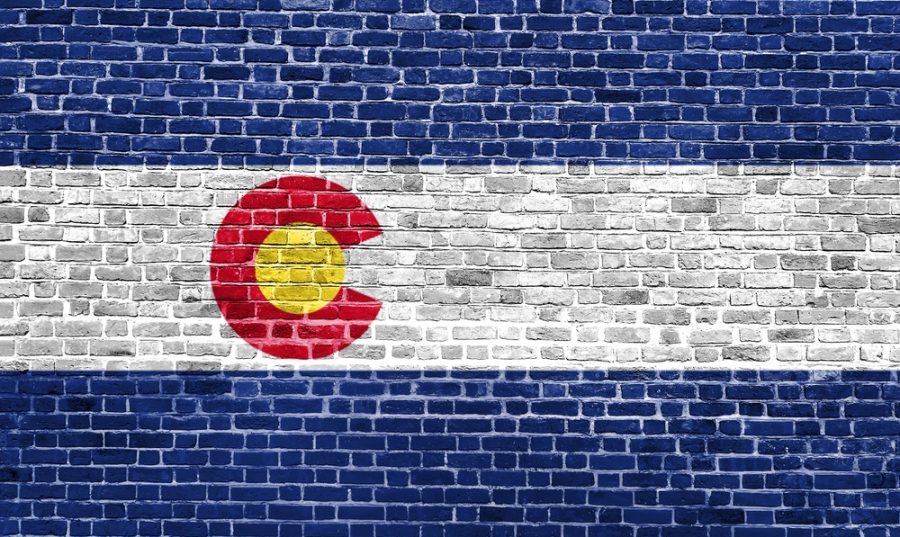 Changes to the Riot Act that will hit insurers look set to go ahead following Parliament’s recent second reading of the Riot Compensation Bill.
Changes to the Riot Act that will hit insurers look set to go ahead following Parliament’s recent second reading of the Riot Compensation Bill.
The draft Bill, which will replace the Riot (Damages) Act 1886, was the subject of debate at the House of Commons on Friday, 4 December 2015, when it was welcomed as a vast improvement on the “outdated” 1886 Act, and passed unopposed.
If it is given Royal Assent, the Bill, as drafted, will continue to hold the Police accountable for damage caused by riots, however it will, amongst other things, introduce a cap on compensation payable in a single claim, and will exclude damages for consequential losses. These changes, which go directly against the recent Court of Appeal finding in the Mitsui litigation, could leave insurers and businesses out of pocket.
The Mitsui Litigation
Until the Court of Appeal decision was made in the case of Mitsui Sumitomo Insurance Co (Europe) Ltd, Royal and Sun Alliance Insurance plc and others v The Mayor’s Office for Policing and Crime (MOPAC) [2014] EWCA Civ 682, it was widely understood that compensation payable by the Police under the Riot (Damages) Act 1886 was limited to physical damage only, and indeed, this was the first instance finding of the Commercial Court. However, the Court of Appeal’s finding in May 2014 turned this position on its head.
By way of background, the claim by Mitsui and others arose after a Sony distribution warehouse in Enfield, north London, was set alight during the 2011 London riots. The incident, which has been described as Europe’s largest arson attack, caused millions of pounds’ worth of property damage and business interruption losses, which insurers sought to recover, in full, from the Police in a subrogated claim under the 1886 Act.
The Mayor’s Office, which oversees the Metropolitan Police, declined to compensate the claimants, prompting recovery proceedings by Mitsui and other interested insurers for damages in excess of £60 million, as well as claims for an additional £4 million of uninsured losses.
While the Commercial Court found that the claimants were entitled to compensation by the Police Authority under the 1886 Act for physical losses caused by the riots, it found they were not entitled to consequential damages to the interruption of business.
Both insurers and the Mayor’s Office independently appealed the respective decisions against them, with the Mayor’s Office coming out somewhat worse: in the judgment handed down by the Court of Appeal on 20 May 2014, not only was the Mayor’s appeal on the issue of liability dismissed, but the Court allowed insurers’ cross appeal on the issue of damages. It found that there was nothing in the 1886 Act to suggest that Parliament had intended to deprive claimants of the right to compensation for losses consequential to physical damage, such as loss of profit and loss of rent.
The finding was welcome news to insurers (as well as uninsured claimants), who can now recover business interruption losses suffered as a result of the rioting. On the contrary, it was a clear blow for the Mayor’s Office, which was left with a £75 million bill to pay from an already stretched public purse. The Court of Appeal commented that whilst the broad application of the 1886 Act may seem unfair against the Police Authorities, it is for
Parliament, not the courts, to amend the Act or remove it altogether.
And it would seem the decision indeed prompted the beginning of the end for the Riot Act as we know it, with the Government wasting little time in announcing a public consultation to reform the 1886 Act on 5 June 2014.
History of the Bill
The public consultation, which followed an independent review of the Act in 2013, was undertaken during the Summer of 2014. In March 2015, the Home Office published its Summary of Consultation, in which it stated that the Government “agrees with the independent reviewer that covering consequential loss would be a step too far for a state administered scheme and does not intend a reformed Act to cover consequential losses”, together with a draft Riot Compensation Bill.
Accordingly, the draft Bill, in direct contrast to the Mitsui finding, makes no provision for consequential losses. In addition, it makes a number of further key changes, to include a cap of £1 million on damages in any single claim.
At the reading on Friday, Mike Wood MP, who sponsors the Bill, argued that a cap would have allowed 99% of claims after the 2011 riots to be paid in full, and would have saved “tens of millions of pounds” on the most expensive claims, thereby reducing the burden on the tax payer. He commented “We need to act now to build a new system of compensation that works and that is fair to the people and businesses who are affected by riots and also fair to taxpayers who will ultimately foot the bill.”
In addition, the Bill will increase time limits for lodging a claim from the 14 days prescribed by the current Act, allow claims to be submitted electronically, and also update compensation from an “old for old” replacement system to a “new for old” system.
Insurance Industry Reactions
While welcoming a number of the proposed changes, insurers have previously expressed their concerns over a number of aspects. In particular, the Association of British Insurers (ABI) raised concerns about the draft Bill’s exclusion of consequential losses, which it believes could seriously impact on businesses that have had to cease trading, landlords that have lost rent or residents that have had to move out of their homes.
Furthermore, the Bill, as drafted, will allow the Police and Crime Commissioners to decide whether or not a disturbance constitutes a riot. Given the Commissioners are essentially liable for the compensation, this would appear to create a conflict of interest. The ABI have also warned that business premiums will go up.
The draft Bill will now pass to Committee Stage, followed by a Report Stage and Third Reading, before passing to the House of Lords. If passed, the Bill will replace the current Act with the Riot Compensation Act 2015. As such, the effect of the Court of Appeal decision on the recovery of consequential losses could well be short lived. Furthermore, in December 2014, the Supreme Court granted permission (in part) to the Mayor’s Office to appeal the Court of Appeal’s finding. Further news on any appeal is still awaited.
Links:
Summary of Consultation: https://www.gov.uk/government/uploads/system/uploads/attachment_data/file/411407/riot-damages-consultation-response.pdf
Draft Riot Compensation Bill: https://www.gov.uk/government/uploads/system/uploads/attachment_data/file/411398/draft-riot-compensation-bill.pdf





